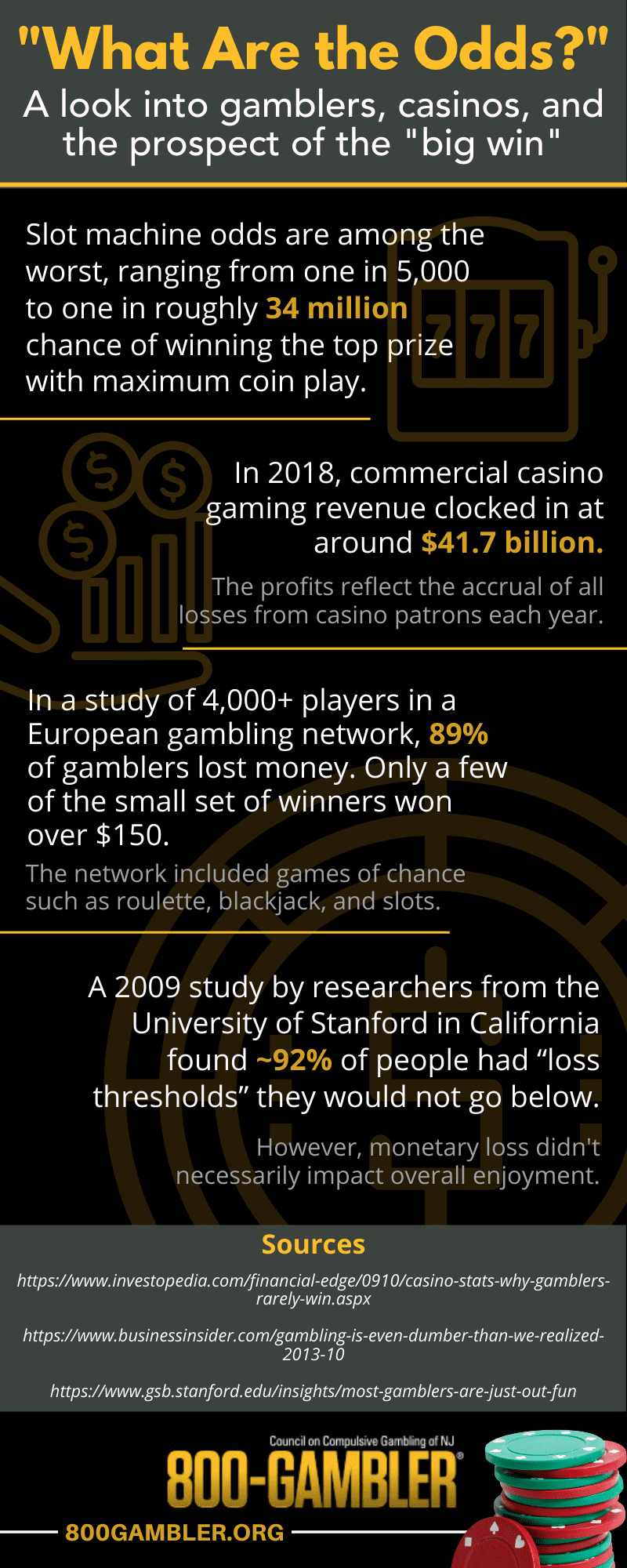If you’re just a casual gambler, you might think gambling is all about winning big. However, a range of studies shows that things aren’t that simple. Why do gamblers, even ones that repeatedly do not succeed — or even lose substantially — continue to get a buzz? If the age-old mantra of “the house always wins” appears to be true, why bother rolling the dice again or playing another hand?
Let’s take a look at some interesting statistics revolving around the relationship between the gambling industry and the gamblers themselves:

Individuals facing gambling problems may believe that as they open up their favorite app or head to the nearest casino, their full intention is to rake in winnings. Little do they know they are acting out an emotional attachment to the feeling of losing. Unconscious dynamics in their psyche are playing a different game — one of self-sabotage and cyclical defeat.
What Happens to Our Bodies When We Develop Obsessive or Problematic Behaviors?
Whether it be substance misuse, sex, food, or gambling, problem behaviors release high dopamine and serotonin levels, regardless of whether the surface-level “goal” is achieved. These different behaviors activate parts of an individual’s neural circuitry, linked to the brain’s reward system.
However, it isn’t strictly the effects on the brain that cause someone to develop a habit. Lifestyle, environment, and societal factors play a part as well. An alcoholic who hasn’t had a drink in years visiting a bar they used to spend their inebriated nights may struggle — and potentially fail — to maintain their sobriety. The familiarity and association of places, people, and objects can influence neurotransmitters — affecting perceptions and willpower.
Lost Bet After Lost Bet: The Pursuit of Happiness
When it comes to gambling, one may think they will win, simply because the brain is familiar with the motions and experiences of when they have won in the past. To that extent, the “high” is the chase in and of itself — not necessarily the jackpot.
Another key factor in how habit-forming any kind of gambling could be is how frequently players can place their bets. Dr. Mark Griffiths, a psychologist at Nottingham Trent University, argues that the number of potential rewards — not actual rewards or the type of betting — drives problem gamblers to keep playing. This is especially troubling when you consider the overstimulating, rapid-fire interactivity of slot machines, online gambling, and mobile gaming applications.
800-GAMBLER Offers Help
If you or someone close to you exhibits problem gambling behaviors — whether they’re winning or losing — don’t hesitate to seek guidance. Find the resources you need to get started by reaching out to our free, confidential helpline any time at 800-GAMBLER.
Sources:
https://www.bbc.com/future/article/20160721-the-buzz-that-keeps-people-gambling
https://www.ncbi.nlm.nih.gov/pmc/articles/PMC3547280/
https://whywesuffer.com/problem-gamblers-are-addicted-to-losing/



